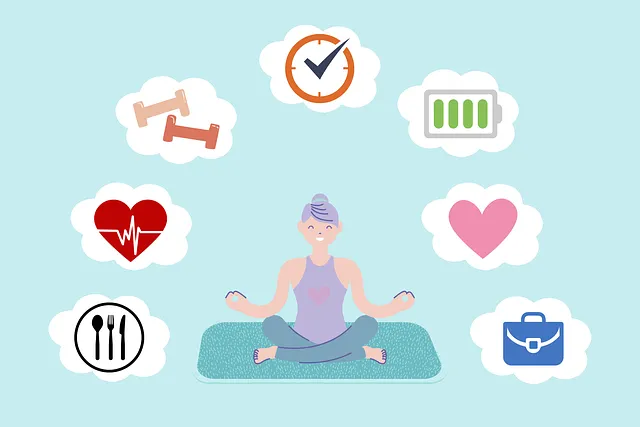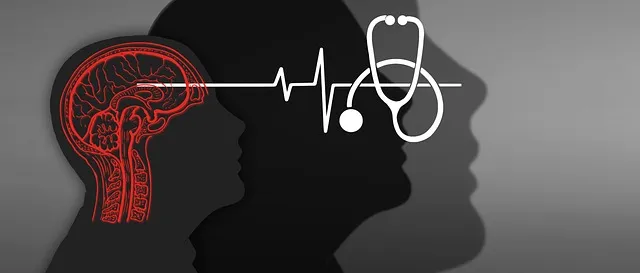The Northglenn Kaiser Permanente behavioral health number is a crucial 24/7 resource for mental health crises, offering immediate, culturally sensitive support. Trained counselors provide tailored assessments, guidance, and stigma-busting education, fostering resilience through compassionate conversations. Despite challenges like high call volumes and staff burnout, these hotlines significantly improve short-term outcomes and encourage long-term mental wellness journeys.
In today’s fast-paced world, mental health crises can strike unexpectedly. That’s where crisis hotline support services play a crucial role, offering immediate assistance and guidance. This article explores the growing need for these vital resources, focusing on the Northglenn Kaiser Permanente Behavioral Health Number—a dedicated lifeline for those in distress. We’ll delve into how to access and leverage such services effectively while examining their impact and inherent challenges. Understanding these crisis hotlines is essential in fostering better mental health outcomes.
- Understanding the Need for Crisis Hotline Services
- Northglenn Kaiser Permanente Behavioral Health Number: A Lifeline in Times of Crisis
- How to Access and Utilize These Support Services Effectively
- The Impact and Challenges of Mental Health Crisis Hotlines
Understanding the Need for Crisis Hotline Services

In today’s fast-paced and often stressful world, mental health crisis hotline support services have become an indispensable resource for many individuals grappling with emotional turmoil. These hotlines serve as a safety net, offering immediate assistance to those facing mental health crises, be it depression, anxiety, or thoughts of self-harm. The need for such services is acute, particularly in communities like Northglenn where access to specialized behavioral health care may be limited. The Kaiser Permanente behavioral health number, for instance, has been a game-changer in providing timely intervention and support.
Beyond immediate crisis resolution, these hotlines play a pivotal role in Mental Health Education Programs Design by educating callers about various mental illness conditions, available treatments, and coping strategies. They also contribute to Mental Illness Stigma Reduction Efforts by fostering understanding and compassion through empathetic conversations. Moreover, by integrating Compassion Cultivation Practices into their approach, hotline counselors help individuals cultivate resilience and emotional balance, empowering them to navigate future challenges with greater equanimity.
Northglenn Kaiser Permanente Behavioral Health Number: A Lifeline in Times of Crisis

In times of mental health crisis, access to immediate and culturally sensitive support can be a lifeline. The Northglenn Kaiser Permanente Behavioral Health Number serves as just such a lifeline, offering critical resources for individuals grappling with emotional distress. This dedicated hotline connects people to trained professionals who provide assessment, guidance, and referral services tailored to their unique needs.
The significance of the Northglenn Kaiser Permanente behavioral health number lies not only in its accessibility but also in the healthcare provider’s commitment to cultural competency training. By prioritizing cultural sensitivity in mental healthcare practice, the organization ensures that support is provided with an understanding and respect for diverse backgrounds and experiences. This approach facilitates effective emotional healing processes, making the hotline a valuable asset within the community.
How to Access and Utilize These Support Services Effectively

Accessing mental health crisis hotline support services is a vital step towards managing and overcoming emotional distress. For those in Northglenn seeking immediate assistance, the Kaiser Permanente behavioral health number is readily available 24/7. This dedicated line connects individuals to trained professionals who can offer guidance, support, and resources tailored to their specific needs.
To utilize these services effectively, it’s advisable to approach the conversation openly and honestly. Share your concerns, symptoms, or triggers with the hotline counselor. They are there to listen without judgment, ensuring a safe space for emotional healing processes. Remember, seeking help is a sign of strength, and through this support, you can begin navigating towards better mental well-being, even if you’re facing challenges like burnout prevention.
The Impact and Challenges of Mental Health Crisis Hotlines

Mental health crisis hotline support services play a pivotal role in reaching individuals in distress and offering immediate assistance. These hotlines, often staffed by trained professionals like those at Northglenn Kaiser Permanente’s behavioral health department, provide a critical safety net for folks facing mental health crises. By dialing this dedicated number, individuals can expect compassionate listeners who employ evidence-based practices, such as risk assessment tools, to stabilize the situation and connect them with suitable resources or professional care.
Despite their efficacy, these hotlines face several challenges. The volume of calls can be overwhelming, leading to longer wait times and potential burnout among staff. Additionally, some individuals may avoid seeking help due to stigma, fear of judgment, or a lack of awareness about the services available. Enhancing accessibility through social skills training for hotline operators and promoting resources like mental wellness podcast series can help address these hurdles. Effective crisis intervention not only improves immediate outcomes but also contributes to long-term recovery by encouraging individuals to actively participate in their mental wellness journeys.
Mental health crisis hotline support services, such as the Northglenn Kaiser Permanente Behavioral Health Number, play a vital role in providing immediate assistance and a safe space for individuals facing emotional distress. By offering confidential and accessible resources, these hotlines empower people to seek help without barriers. While challenges like high call volumes and staff limitations persist, continuous efforts to enhance services and raise awareness are crucial in ensuring that those in crisis receive the timely support they deserve.





